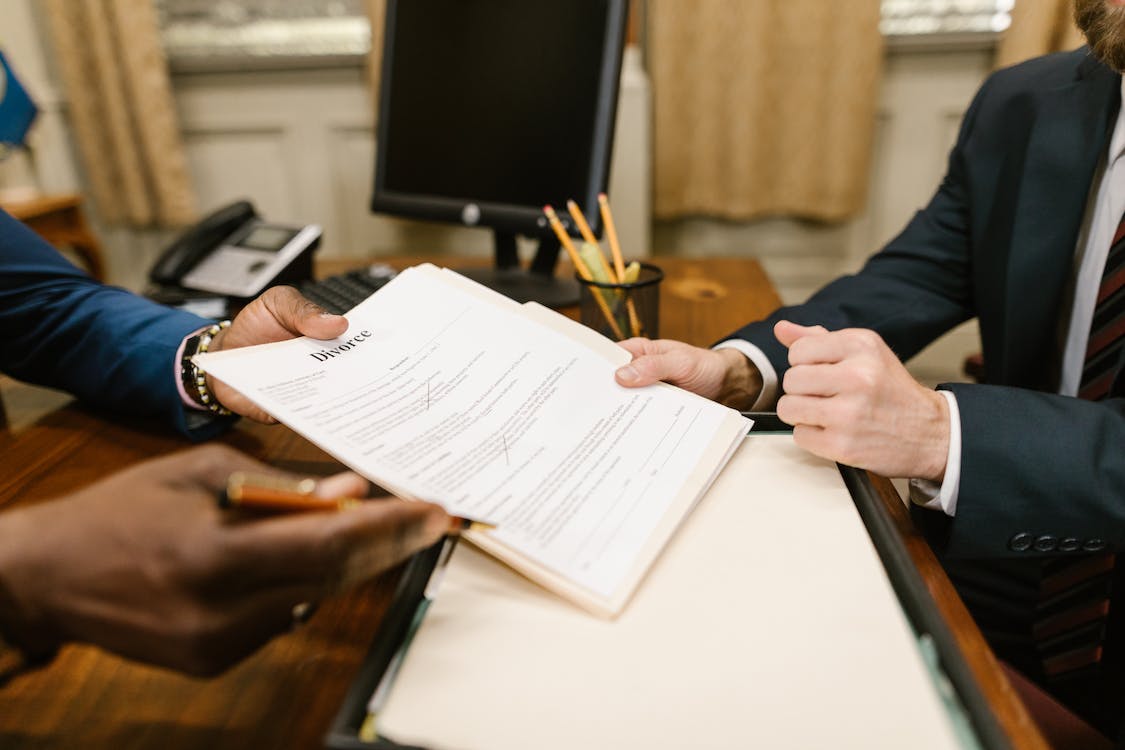Divorce can be emotionally and financially complex, and financial separation is often one of the most difficult parts. In the United Kingdom, divorce law sets out a number of principles to help couples through this process. Understanding these principles can make it easier for divorcing couples to agree on how their assets should be divided fairly.
Declaration of Assets
The UK divorce law requires all assets belonging to either or both parties to be declared, and the value of these assets should be determined. This includes property, pensions, savings, investments, and other financial worth items. All debts owed by either or both parties should also be declared and taken into account when calculating total assets. This is known as a “full financial disclosure.” Once all assets and liabilities have been declared, an assessment will be made to determine each party’s net worth.
Equal Separation of Assets
According to divorce law, all assets should be divided equally between the parties in most cases. This includes both current and future assets. This division is known as an “equal division.” The court will consider various factors when deciding whether an equal division should take place, such as each party’s financial contributions to the marriage and their future needs. The court may also consider other factors, such as the length of the marriage and any evidence of financial misconduct by either party.
Financial Settlement
Sometimes, couples can agree on how to divide assets without going through a full legal process. They may, for example, reach a financial settlement via mediation or other private negotiation. If this occurs, the court will usually approve the agreement once it is fairly balanced and has been signed by both parties.
If a couple cannot agree on dividing their assets, they can apply to the court to decide how best to proceed. The court will then consider the circumstances of the case and make a decision based on what is deemed fair. The court may also order one party to compensate the other financially.
Preparing For a Divorce Financially
Divorce can be a stressful and difficult process, particularly when it comes to dealing with the financial aspects. It is important for divorcing couples to plan to ensure they are both adequately prepared financially.
Firstly, it is important to gather as much financial information on both parties as possible. This could include details of income and outgoings, including mortgages, credit cards, and other loans. You should also identify any assets either party owns, such as property or investments.
Once the financial information has been gathered, the couple should try to address any financial issues associated with the divorce. These could include negotiating a settlement between themselves or going through mediation to resolve disputes. It is also possible to take legal advice from a solicitor who can advise on the options available.
It is imperative to consider any tax implications when finalising a settlement. For example, if one partner agrees to take on a property that both parties own, they may be liable for capital gains tax. It is important to seek advice from a qualified accountant or solicitor before proceeding with any financial arrangements in case of a divorce.
Final Thoughts
Divorce can be an extremely stressful and emotional process. Knowing what UK law says about dividing assets during divorce proceedings can make reaching an agreement that works for both parties easier. Planning for financial separation is essential, and couples should also consider taking legal advice from a qualified solicitor if necessary. Couples must work together to ensure that assets are divided fairly between them.


